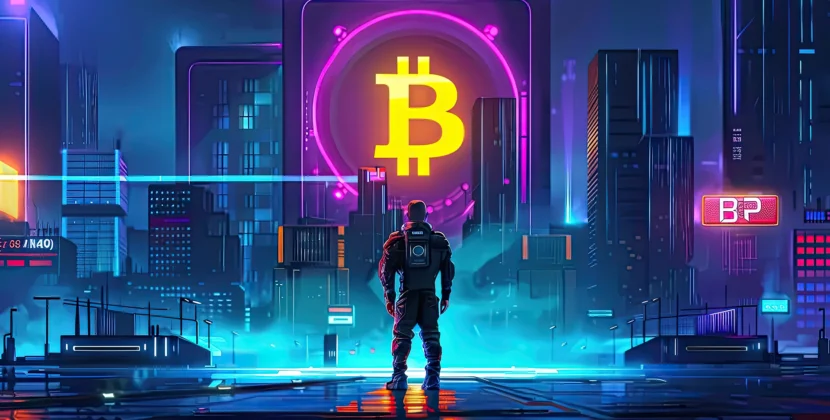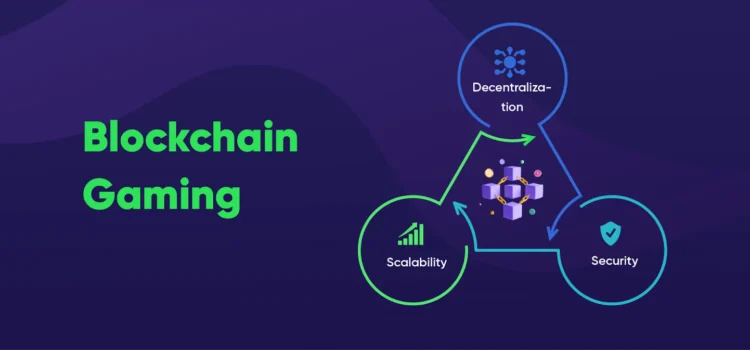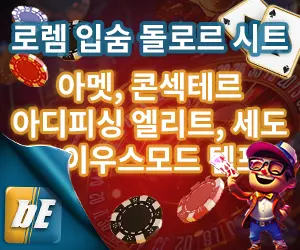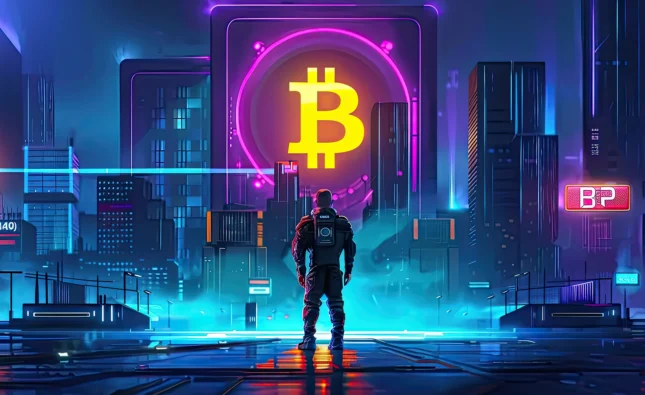
As the landscape of Web3 gaming evolves, many blockchain-based games have begun to emerge as viable alternatives to traditional gaming experiences. Longtime gamer David Morris reviews the onboarding process, gameplay, graphics, and tokenomics of popular blockchain titles such as Gods Unchained, Pixels, and Hamster Kombat.
The Current State of Blockchain Gaming
The cryptocurrency market is currently at a crossroads. Following a tumultuous period of speculation and fluctuating prices, it’s clear that success in this space now hinges on delivering actual, engaging products rather than merely offering enticing promises. This shift is particularly significant for blockchain gaming, which has often been criticized for its lack of depth and overemphasis on financial incentives.
Historically, many blockchain games felt like rushed attempts to attract speculators rather than genuine players. However, today’s offerings show marked improvement, with many titles proving to be as enjoyable as their non-blockchain counterparts. Below, I provide a quick review of several blockchain games, evaluating them on traditional gaming metrics, as well as the unique aspects of onboarding and tokenomics.
Game Reviews
1. Hamster Kombat (Mobile/Telegram)
- Onboarding: A
- Gameplay: D
- Graphics: A
- Tokenomics: D
While Hamster Kombat has gained immense popularity for its unique social engagement features, it falls short as a game. The core gameplay consists of simple clicks to earn points, lacking any meaningful combat mechanics. Players engage primarily in social media activities to earn in-game rewards, leading to an experience that feels more like a promotional tool than an actual game.
Despite its questionable design, the onboarding process is seamless, especially since it operates within Telegram. However, the emphasis on self-promotion and the lack of substantial gameplay evolution indicate that the developers may prioritize financial incentives over enriching the gaming experience.
2. Pixels (Web Browser)
- Onboarding: C
- Gameplay: A
- Graphics: A+
- Tokenomics: A
Pixels stands out as a resource-gathering and building game, reminiscent of titles like Farmville but
with a stylish twist. The gameplay loop is enjoyable, allowing players to harvest, cook, and sell their creations. The graphics capture a nostalgic 8-bit aesthetic, enhancing the overall vibe of the game.However, the onboarding process leaves much to be desired, requiring new players to navigate a boutique wallet instead of using more common options like MetaMask. This disconnect highlights a recurring issue in Web3 gaming, where developers sometimes prioritize their proprietary ecosystems over broader accessibility.
3. Gods Unchained (PC, Mac, iOS, Android)
- Onboarding: B
- Gameplay: A
- Graphics: A
- Tokenomics: B
Gods Unchained has successfully transformed from a mere concept into a well-rounded game. This digital trading card game offers familiar mechanics for players accustomed to titles like Hearthstone. The gameplay is rewarding, with a vibrant community trading NFTs regularly.
Despite its strengths, some critiques exist regarding the game’s similarities to other titles and the opaque nature of card rarity. However, the game provides a satisfying experience without overly complicating the tokenomics, rewarding players for engaging with the game rather than incentivizing mindless clicking.
4. Guild of Guardians (iOS and Android)
- Onboarding: A
- Gameplay: F
- Graphics and Presentation: D
- Tokenomics: C
Guild of Guardians presents itself as a dungeon-crawling auto-battler, but unfortunately, it fails to deliver a compelling experience. The gameplay primarily involves automated actions, leading to a lack of player agency. Aesthetically, the game struggles with janky graphics and a poor interface, detracting from the overall enjoyment.
While the onboarding experience is user-friendly, the gameplay is dull and unengaging. The tokenomics are standard, offering little incentive for players to invest their time and energy into the game.
5. Rumble Racing Star (PC, Mac)
- Onboarding: C
- Gameplay: D
- Graphics and Presentation: D
- Tokenomics: F
Rumble Racing Star exemplifies the pitfalls of poorly designed blockchain games. While the premise resembles popular racing titles like Mario Kart, the execution is lacking. The game fails to provide a coherent description or meaningful gameplay, instead focusing on enticing users with crypto rewards.
The racing mechanics are disappointing, featuring unreliable controls and uninspired design. The overarching focus on token rewards over game quality reflects a troubling trend in blockchain gaming, where developers often prioritize short-term financial gains over crafting engaging gameplay experiences.
Conclusion
The landscape of blockchain gaming is undoubtedly evolving, with several titles demonstrating significant potential. However, many still grapple with fundamental issues, including onboarding challenges, gameplay depth, and the balance between financial incentives and player engagement. As the industry matures, it will be essential for developers to prioritize creating genuinely enjoyable games rather than relying solely on the allure of blockchain technology.


















